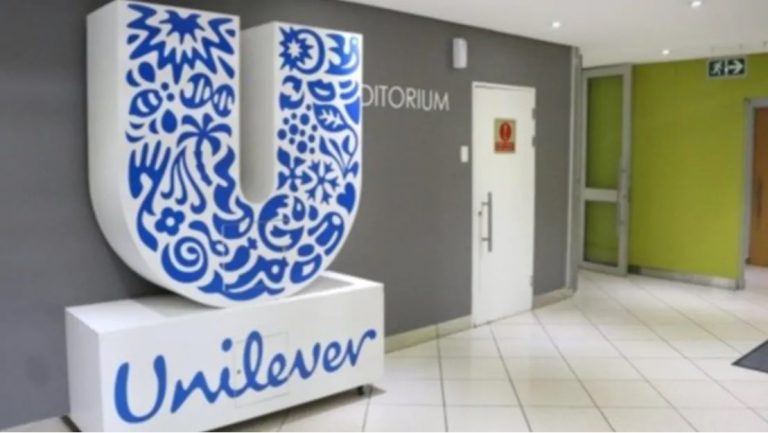
It is what it is: markets release waves and only great companies have the right antennas to pick the signals. Those which do not, fade over time. This can be at a company- or a brand-level. We’re seeing that play out in Nigeria as Unilever Nigeria discontinues some iconic brands in the nation: “Unilever Nigeria, one of the leading consumer goods companies in the country, has announced that it will stop the production and sale of two of its popular brands, Omo and Lux, effective from February 1, 2024.”
Yes, Omo and Lux will be gone. Unilever’s Lux has no chance in this age where many Nigerians are becoming “whiter” and “fairer” to the extent you may mistake your ex-classmates a few years down the line. So, Nivea (which whitens skin) killed Lux while Ariel took down Omo. The Ariel frontal assault on Omo was through sachetization (making small packages) where Omo’s big box was disintermediated. Since that happened in the 1990s, Omo has not recovered. Omo used to be the king and its main competitor was Elephant. But Ariel arrived and knocked them out.
As a student in FUTO, I was among the regional sales network for Royal Crown, a haircare maker. My distribution center was then Hotel De General Nwankpi in Orlu. It was a great business and I saw first hand how innovation worked. Kessingsheen Hair Cream was very popular also.
Register for Tekedia Mini-MBA edition 19 (Feb 9 – May 2, 2026).
Register for Tekedia AI in Business Masterclass.
Join Tekedia Capital Syndicate and co-invest in great global startups.
Register for Tekedia AI Lab.
But the Royal Crown came and caused wahala. But Royal Crown then quickly faded with the likes of Soulmate using effective pricing and stylist support system to win market share. Stylists (yes, hairdressers) were the most important entry points.
For the fall of Omo and Lux, you will read about high prices of raw materials and forex difficulties as the core reasons why Unilever is exiting this personal care category. Those are nonsensical excuses when you consider that Ariel is also a foreign product (from P&G), and Germany-based Nivea has no production plant in Nigeria, which means they are also operating within the same market dynamics. The key difference: they make products people want and in this age, young people are loyal to brands only when those brands serve them well.
Implications of Unilever Nigeria Stopping Production, Sale of Omo and Lux
---
Connect via my
LinkedIn |
Facebook |
X |
TikTok |
Instagram |
YouTube


